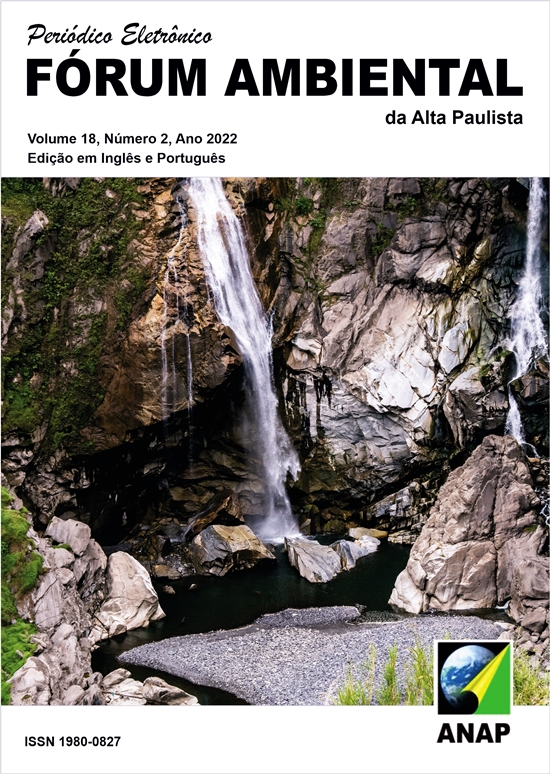Fertirrigation in coffee: agronomic and sustainable aspects
DOI:
https://doi.org/10.17271/1980082718220223260Resumo
The present work aims to relate the positive effects of irrigation and mineral nutrition on coffee productivity, considering that the various existing methods and techniques involve a wide variation of dosage and nutrient splitting, due to the interaction between soil, water, climate, plant and area where the crop is located. Thus, through the methodology of literature review, a survey of research and theoretical notes of issues related to the benefits of irrigation and mineral nutrition was carried out, culminating in the focus of the fertigation technique. The study took into account aspects related to the rational use of water, the prevention of soil desertification and the Sustainable Development Goals of the UN 2030 Agenda. The analysis of the works and authors consulted made it possible to bring to the academic-scientific scope approaches that highlighted the fundamental role of fertigation in coffee farming.










